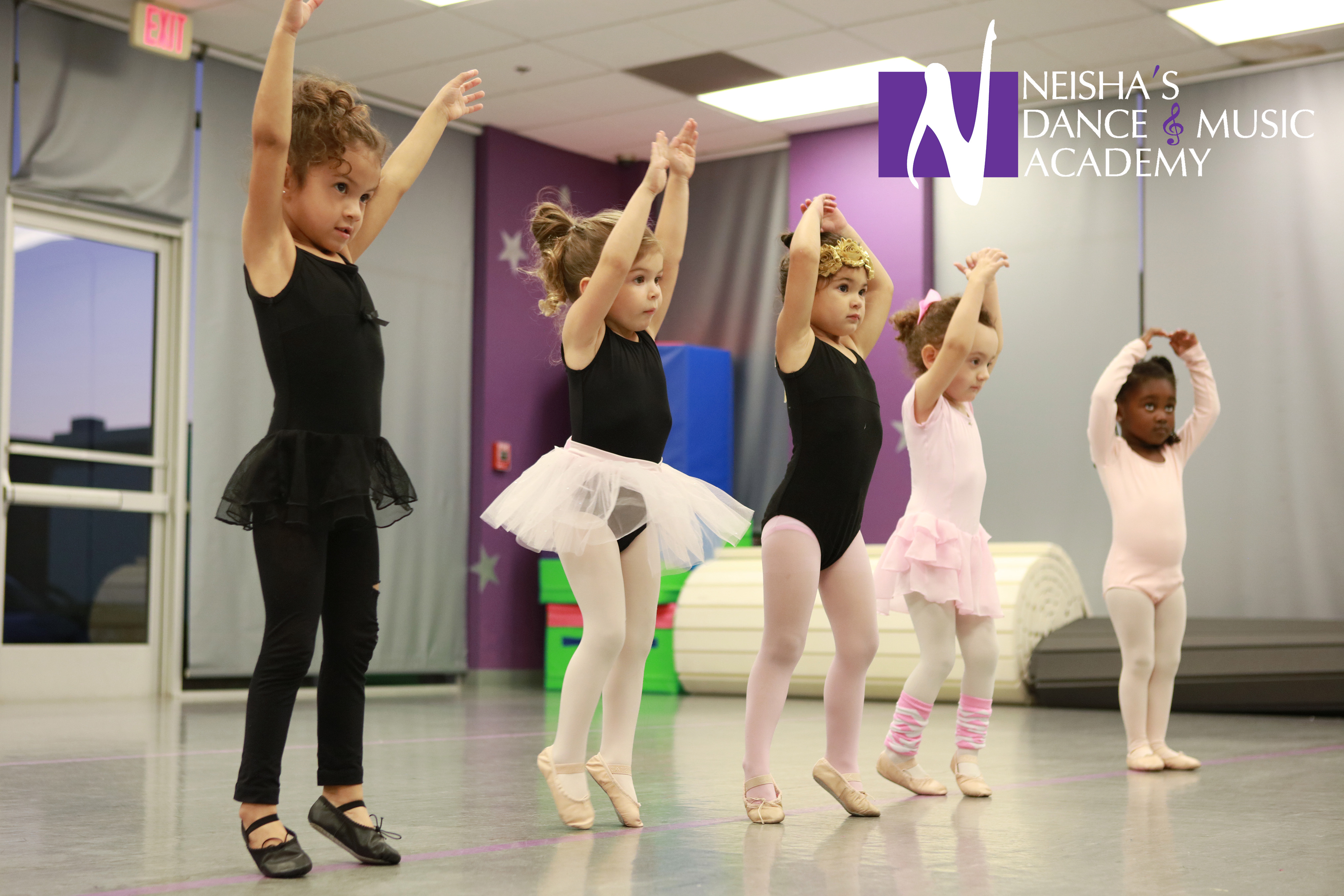
As part of ND&MA’s Choosing Resilience over Resentment movement, we are proudly launching a new blog series by our very own Licensed MFT, Jennifer Jeter.
We all know the type: reality TV’s red-faced, hysterical, overly-invested, living-through-her-kid parent who appears to be doing more harm than good. But, how do we support and motivate our children to grow in their talent without becoming the nightmare we see on our living room televisions? Clinical and Developmental Psychologist Diana Baumrind has an answer. Based on her 1960’s studies, Baumrind identified the “Authoritative” Parenting Style as the key to a healthy child’s development and growth.
In Authoritative families, parents exert supportive control in a nurturing environment. Open communication is essential and forgiveness is favored over punishment. Additionally, when discipline does occur, it is considered firm, fair and friendly. Let’s see how we can apply these principles when it comes to being the best dance parent possible.
Set A Good Example! Think about how you would like your dancer to behave and act the same way. Model your enjoyment of physical activity and healthy eating. Be on time and prepared for your own activities as well as your child’s dance classes. Model your organization, timeliness and preparedness. Remember that you are working on skills (and not traits) so they will have to be taught with patience and consistency until they become habits for your child. Set a good example when it comes to social skills too! Be a fan and a friend to other dancers, coaches and teammates. Don’t speak negatively about other parents or competitors. Encourage a positive attitude. Normalize the challenges, but also positively reinforce your child’s developing skills.
Be Present in Order to Celebrate Your Child’s Efforts! While most dancers enjoy the applause that comes from a performance, your child should know that the work and focus they put into their classes is actually more important! Encourage their process as much as the outcome. Remember that a tolerance for the challenge of learning is essential in order for all of us to move forward in life. Encourage your child to try. Explain that you don’t expect perfection. Allowing your child to relax while they learn, will actually lead to further growth because your dancer will experience less frustration and give up less easily. Dr. Patrick Cohn, Sports Psychology Expert says parents should “keep (their) expectations in check” and even lower them if necessary! During a competition, your child should know that you admire their best effort over a win. Remember the mantra, “Excellence breeds success. But a focus on success rarely breeds excellence.”
Encourage Your Child’s Voice and Independence! First of all, make sure that dance is your child’s love—not just yours. Psychologist Dr. Frank Small emphasizes the importance of making sure your child is interested in the sport he or she is pursuing. Your child will stay motivated when they feel you are giving priority to their interests. It has actually been proven that the more an athlete enjoys their activity, the more they learn and the better they perform. Nothing motivates your dancer more than enjoyment so it is necessary that they actually like the activity. Once this is established, have your child focus on their own, personal goals and skills—rather than focusing on the skills of other dancers. Remind your child that there are gifts in failure! Each risk is an opportunity to learn and therefore, get better.
Remind Your Child Their Coach is an Ally, Not an Adversary! Encourage your child to openly communicate with their coach about their goals. Remind them to speak with their coach when they have questions or concerns. Model your respect of the coach’s process in teaching. Remind your child to pay attention in class and to trust their coach’s expertise. As a parent, it is important to stay informed but to also respect the coach’s boundaries. Be present (when you can) before and after class in case your child’s coach has information to share. Request (politely) an opportunity to talk with a coach should you have anything to ask or share.
Finally, Enjoy It! Be a consistent support for your child from outside of class or from the audience. Talk to your child and show interest in the class on the way home. Clap, cheer and celebrate your child’s efforts. Praise your child’s growth. Communicate an enthusiasm for the activity of dance itself. Remind your child that you love them unconditionally, beyond their performance. Put it all in perspective by balancing your focus on dance with excitement over other things to (like academics, family, even a sunny swim in the pool.) Remind your child that dance is fun and that’s exactly what its supposed to be!

Jennifer Jeter, MFT
Jennifer Jeter is a licensed Marriage and Family Therapist who has been in practice in San Diego since 2001. She works with couples and individuals and believes that the answers to a satisfying life can be discovered through talk therapy. Jennifer lives with her husband, beautiful dancer daughter and her dog Ashton in Chula Vista, California.






